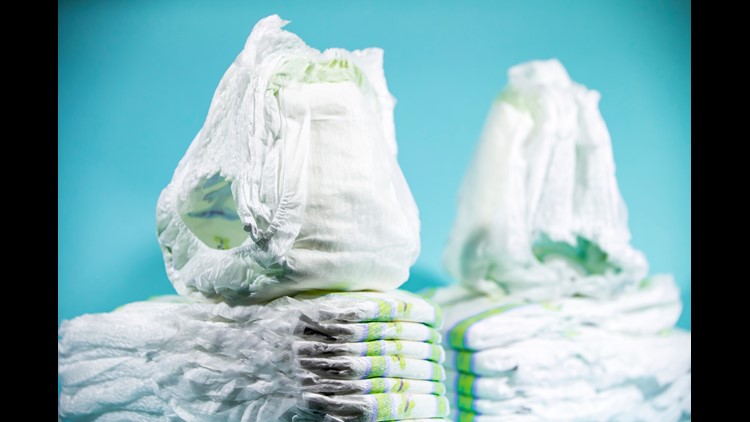SPRINGFIELD (Illinois News Network) — A bill to lower the sales tax rate on condoms, diapers, baby wipes and incontinence products from the state’s sales tax is moving forward in Springfield.
State Sen. Omar Aquino, D-Chicago, is sponsoring Senate Bill 1858, which would tax those products at a rate of 1 percent, instead of the existing state sales tax rate of 6.25 percent.
“People who need these health products shouldn’t be subject to an additional financial burden,” Aquino said in a statement. “In most cases the people who are purchasing these health products are young families who are just starting out. They have enough financial hardship as it is, and we need to remove the added cost on these items.”
The Senate Revenue Committee recommended the bill. It next goes before the full Senate for a vote.
Planned Parenthood of Illinois and the Illinois Pharmacists Association have signed witness slips supporting the bill.
Carol Portman, president of the Taxpayers’ Federation of Illinois, said the group opposes almost all new tax credits, deductions and exemptions given the state’s financial condition. She specifically objected to the idea that the state’s sales tax was akin to a luxury tax and called the exemptions bad policy.
“Sales tax is supposed to be a final tax on the consumption of all goods,” she said. “It’s not a luxury tax. A sales tax is supposed to be a broad-based, stable tax. The narrower the base, the higher the rate has to to be.”
And the rate for the sales tax should be low because it’s a regressive tax, Portman said.
A similar bill failed to pass in 2015. At that time, revenue officials estimated that exempting diapers and wipes would result in about $12 million a year less in state revenue, the Chicago Tribune reported.
In 2016, the lawmakers repealed the sales tax on tampons and other feminine hygiene products with little opposition. It fact, the measure was politically popular. It passed both chambers unanimously and Gov. Bruce Rauner signed it.



